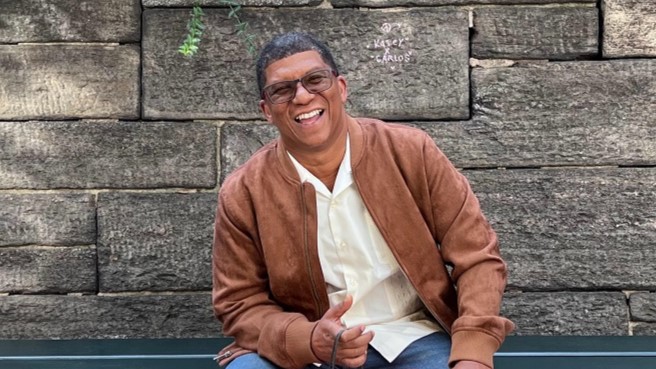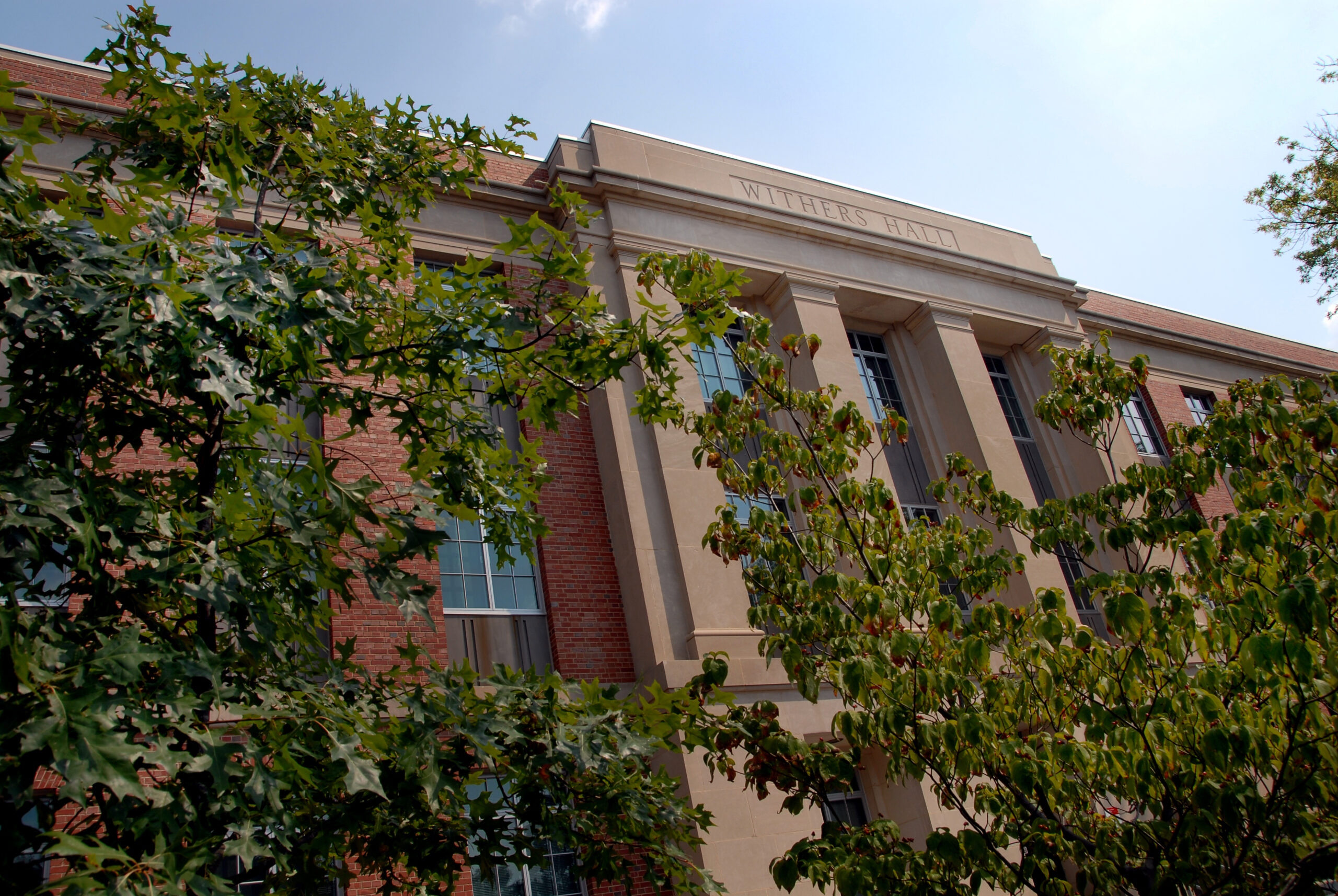NC State Hosts Conference on Paradoxes
Sponsored by the Logic and Cognitive Science Initiative (LACSI)

The Department of Philosophy and Religious Studies hosted the eighth biennial Logic and Cognitive Science Initiative (LACSI) Conference on Friday, September 13, and Saturday, September 14. The topic of the conference was paradoxes.
Talks were given by Mike Huemer, University of Colorado (“The Possible and Impossible Infinite”); Amy Kind, Claremont-McKenna College (“How to Imagine the Impossible”); Diana Raffman, University of Toronto (“Ordinary Speakers and Their Sorites Paradox”); Kevin Scharp, University of Illinois (“Paradoxes and Their Role in Philosophical Methodology”); Roy Sorensen, University of Texas (“A New Way of Seeing Holes: A Show and Tell Paradox”); and Barry Ward, University of Arkansas (“The New Riddle of Induction and Causal Inference”).
The sessions were moderated by Jamin Asay (Purdue University), Sara Bernstein (University of Notre Dame), Kenny Easwaran (UC Irvine), Thomas Hofweber (UNC-Chapel Hill), Travis McKenna (CalTech), and Greg Ray (University of Florida).
Further information, including the program, can be found on the conference webpage.
Established in 2004 with generous support from GlaxoSmithKline’s Semantic Technologies Group, the Logic and Cognitive Science Initiative (LACSI) aims to foster the following fields at NC State:
- Formal Logic.
- Cognitive science, an important new field that investigates the nature and evolution of mind, cognition and knowledge acquisition through interdisciplinary studies in psychology, neuroscience, linguistics, computer science, and philosophy.
- Fields of cognitive philosophy that are closely related to logic and cognitive science, including philosophy of logic, philosophy of science, philosophy of language, philosophy of psychology, metaphysics, and epistemology.
Although abstract in themselves, these fields deal with ideas, structures, and methods of reasoning that have significant practical applications.
Previous LACSI conferences have focused on Ontology (2009); Meaning in Context (2011); Concepts (2013); Perception (2015); Higher-Order Cognition (2017); Grounding and Its Applications (2019); and Laws of Nature, Explanation, and Understanding (2022).
- Categories:


